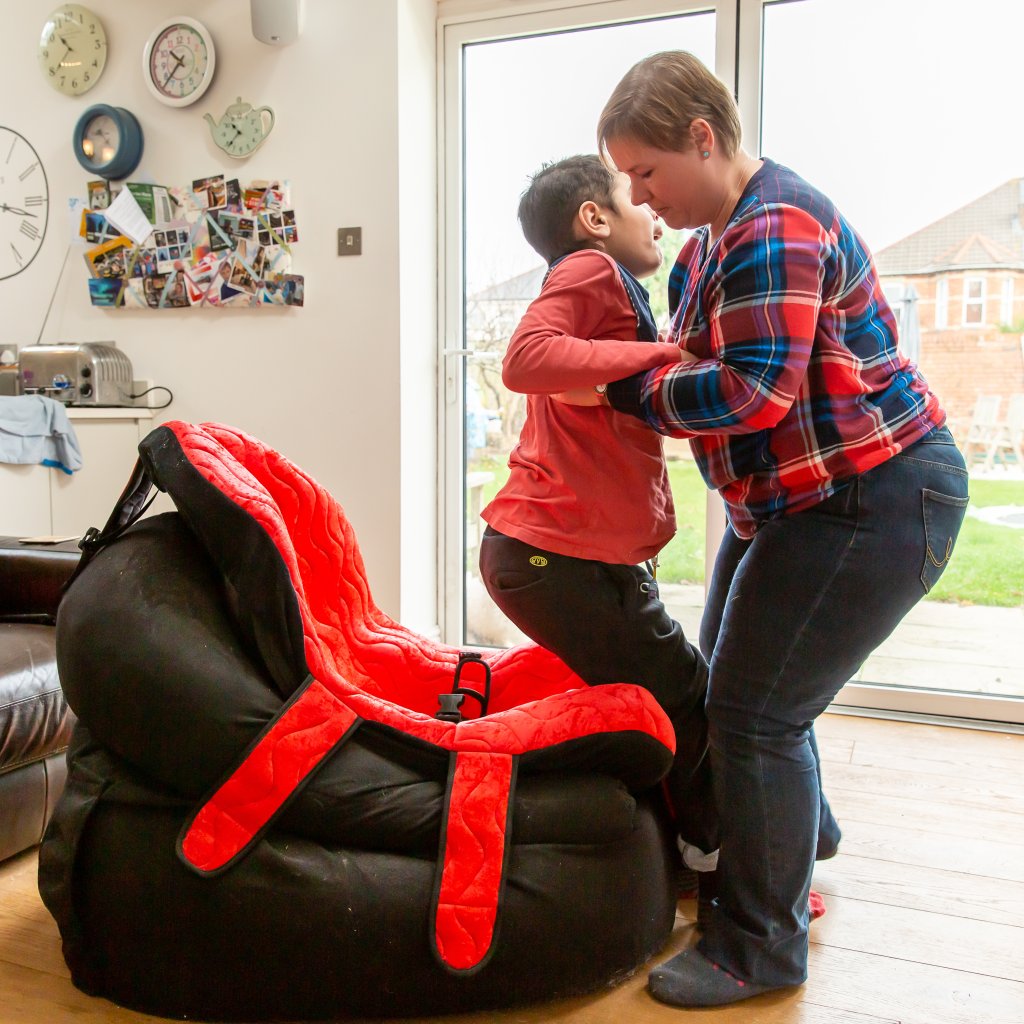The Court of Protection and becoming a deputy for a person who lacks the capacity to make decisions.
When a person is deemed not to have the capacity to make their own decisions, it is possible to apply to become that person’s deputy and to make decisions on their behalf. There are two types of deputy:
Property and financial affairs
Personal welfare
You can apply to become just one or both types of deputy for the person that lacks capacity.
Applications to become a deputy are considered by the Court of Protection. They will take account of the relationship between the applicant and the person who lacks capacity; the reasons for the application; the potential benefit to the individual concerned and whether there is an alternative way of providing the same benefit (the least restrictive option).
Is it necessary to apply to become a deputy?
It is usually necessary to apply to become a deputy for a person who lacks capacity in order to deal with their financial affairs and property, including bank accounts and savings.
When a person is only in receipt of state benefits and an appointee is in place, it may not be necessary to appoint a deputy if the person does not have a bank account solely in their own name.
The Court will not usually appoint a deputy for welfare decisions as they expect decisions and issues to be resolved via the best interests’ process. Only where this has not been possible and in the most contentious cases will the Court become involved either to make a one-off decision or to appoint deputies.
Who can become a Deputy?
Deputies are over 18 years of age and usually family members or close friends of the person who lacks capacity. There may also be deputies that are paid to undertake this role and may include accountants, solicitors or social services, representatives.
Those applying to become a deputy of financial affairs and possessions must have the appropriate skills to manage such responsibilities.
A court may decide to appoint two or more deputies for the same person and state that they can make decisions independently of each other or that they must both agree to the decision being made.
Costs
An application to become a deputy incurs costs in terms of an application fee and possible court fees for current costs please see here for more information.
Annual supervisory costs will be charged according to the level of supervision required by the Office of the Public Guardian (OPG) or Court of Protection Visitors. These are classed as follows:
Type 1 - close supervision involving regular phone calls and meetings with OPG and visits from a Court of Protection Visitor.
Type 2A - for property and affairs deputies in the first year of being a deputy or who need extra support.
Type 2 - light supervision.
Type 3 - very occasional contact for property and affairs deputies who are managing assets below a certain threshold.
For current supervisory costs please see here.
There are circumstances that allow you to be exempt from the application costs. These include being in receipt of state income-related benefits such as Employment and Support Allowance (ESA) and Income Support. You may also be eligible for full or partial exemption from costs based on your income. This will involve a financial assessment by the Court.
The Court will assess the financial status of the individual who lacks the capacity to decide whether there can be an exemption from the supervisory costs. If a person is on means-tested benefits they will be exempt from costs. If they have a pre-tax income of less than £12,000 they will receive a 50% reduction in supervisory costs.
You can claim back the fee from the funds of the person you want to be a deputy for if you’re applying to be a property and affairs deputy.
The fee will be refunded if the person dies within five days of the Court of Protection receiving the application.
Process
An application form.
An assessment of capacity form.
A deputy’s declaration.
Information forms for each type of deputy applied for.
When applying to become a deputy you must notify interested parties that you are doing so. There is a form to complete and an acknowledgement for interested parties to sign. You also need to confirm that you have informed the relevant parties.
You must also inform the person to whom the application relates.
Roles and Responsibilities as a Deputy
In acting as a deputy you must act in the person’s “Best Interests” as set out by the Mental Capacity Act 2005.
The extent of the responsibilities and the extent of the decisions that you are able to make will be set out by the Court.
If you have applied to be a deputy for financial affairs you will need to purchase a security bond. This is insurance protection that safeguards a person’s assets against mismanagement.
Each year a deputy is to provide the Court with a summary report giving details of decisions made on behalf of the person lacking capacity, details of financial transactions made on that person’s behalf and the state of their affairs. This will include showing bank statements. The Office of the Public Guardian offer guidance in this and there are forms to complete.
Ending or changing your deputyship
If you are no longer able to maintain your deputyship or it is no longer needed you are required to notify the Court of Protection via a COP1 application form.
If the person you’re deputy for dies
You would need to contact the Office of the Public Guardian and the Court of Protection to tell them that the person has died.
Contacts
Here are some useful contact details.
Office of the Public Guardian
Telephone: 0300 456 0300
Opening hours: Monday, Tuesday, Thursday-Friday, 9am-5pm and Wednesday 10am-5pm
Court of Protection
Email: courtofprotectionenquiries@hmcts.gsi.gov.uk
Telephone: 0300 456 4600
Opening hours: Monday-Friday 9am to 5pm
You will also have to send evidence to OPG that the person has died, e.g. a death certificate. Their address is:
Office of the Public Guardian
PO Box 16185
Birmingham
B2 2WH
Factsheet
Read and download our factsheet on The Mental Capacity Act below:





